Whether you are a beginner or an expert trader, it is important to know that stock markets around the world operate at different hours. In the UK, the London Stock Exchange operates for a total of 8 hours 28 minutes, Monday to Friday. On the other hand, most North American stock exchanges typically operate for 5 to 7 hours.
In this guide, you will find out what times major stock exchanges open and close across the globe. We also briefly explain how stock markets work and answer some common questions like “what time is the market open?” and “what time do the markets close today?” Read on to learn more!
How Stock Exchanges Work
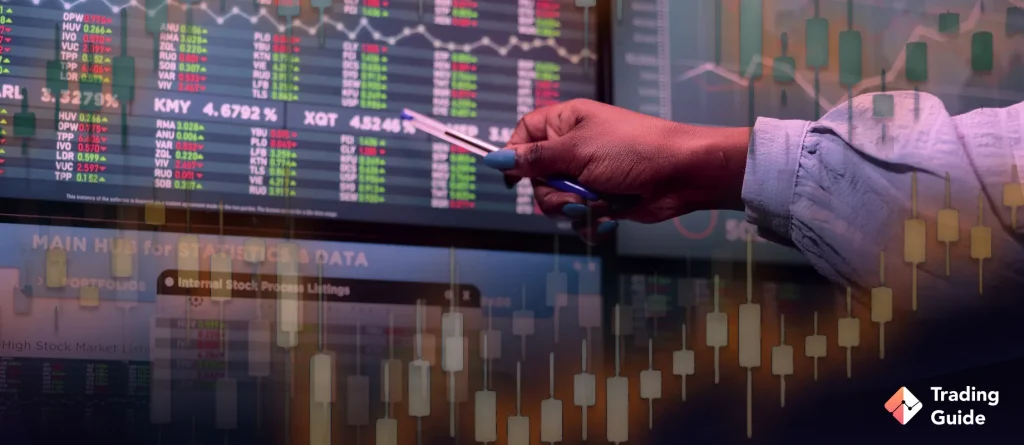
A stock market is a collection of exchanges and markets where shares of publicly-listed companies are issued, bought and sold. Shares are usually listed on stock exchanges such as the London Stock Exchange, New York Stock Exchange, or the Nasdaq.
Before stock brokers introduced trading accounts, traders had to be physically present on the trading floor of an exchange in order to buy or sell securities. Nowadays, however, things have changed and virtually all trades are executed electronically.
Stock market hours vary in each country, depending on the local culture and working hours. Most stock markets operate from Monday-Friday, during regular business hours in local time. However, many stock exchanges also allow investors to buy and sell securities outside of the regular trading hours in pre-market and after-hours trading sessions.
Opening and Closing Times of All the Major Stock Markets
Here are the trading hours for some of the largest global stock markets. All times indicated here represent regular trading hours, Monday-Friday, and are listed in UK time (GMT) time.
- New York Stock Exchange (NYSE): 14:30 GMT to 21:00 GMT
- Nasdaq Stock Market (Nasdaq): 14:30 GMT to 21:00 GMT
- London Stock Exchange (LSE): 08:00 GMT to 16:30 GMT
- Toronto Stock Exchange (TSX): 14:30 GMT to 21:00 GMT
- Mexico Stock Exchange (BMV): 14:30 GMT to 21:00 GMT
- Euronext Paris (EPA): 08:00 GMT to 16:30 GMT
- Frankfurt Stock Exchange (FRA): 07:00 GMT to 19:00 GMT
- Tokyo Stock Exchange (TSE): 00:00 GMT to 06:30 GMT
- Shanghai Stock Exchange (SSE): 01:30 GMT to 07:00 GMT
- Shenzhen Stock Exchange (SZSE): 01:30 GMT to 07:00 GMT
- Hong Kong Stock Exchange (HKG): 01:30 GMT to 08:00 GMT
- Korea Exchange (KRX): 00:00 GMT to 06:30 GMT
- Australian Securities Exchange (ASX): 00:00 GMT to 06:00 GMT
- Swiss Stock Exchange (SIX): 08:00 GMT to 16:30 GMT
- Johannesburg Stock Exchange (JSE): 07:00 GMT to 15:00 GMT
- Brazil Stock Exchange (B3): 13:00 GMT to 20:30 GMT
- Bombay Stock Exchange (BSE): 03:45 GMT to 10:00 GMT
Keep in mind that stock exchanges may be closed from time to time, usually for public holiday.
Top 3 Brokers for Buying/Selling Stocks
Before we look at the trading hours of various stock markets around the world, let’s highlight the best brokers you can use to trade stocks.
The common way to buy or sell stocks is through an online stock broker. There are numerous brokers in the UK that allow investors to trade stocks and access global stock markets. To ensure you find the best that meets your investment or trading needs, you must conduct thorough research by testing and comparing as many brokers as possible. Since the research process can be lengthy, we simplify things by listing below the top three brokers based on our experts’ recommendations.
1. eToro
eToro is one the best stock brokers you can use to trade stocks in the UK. Additionally, the broker has access to the New York Stock Exchange and NASDAQ exchange, allowing UK residents to trade US-listed stocks.
On top of that, it has easy-to-use features that are suitable for beginners and offers a wide range of tradable stock assets that are commission-free. Moreover, the app is very fast, making you stay on top of your trading activities. However, it has a high minimum deposit requirement.
- Advanced trading platform with an attractive user interface design
- Commission-free trading on stocks
- Social trading features to copy and interact with experienced traders
- Licensed and regulated by the Financial Conduct Authority (FCA) and various top-tier authorities
- Has a minimum deposit requirement
2. IG Markets
IG Markets offers numerous trading resources for all types of traders, including a community platform that one can use to connect and share trading ideas with like-minded traders.
What’s more, the broker hosts advanced platforms and features to maximise your potential. For instance, it has a Direct Market Access (DMA) platform that allows investors to trade stocks directly into the order books of NASDAQ commission-free.
On the downside, IG Markets has high spreads. You will also pay a £50 quarterly subscription fee if you don’t trade more than three times using your share trading account.
67% of retail investor accounts lose money when trading spread bets and CFDs with this provider.
- No deposit and withdrawal fees
- Fully digital trading platform that can be customised
- More than 17,000 markets to invest in
- Various educational tools such as video tutorials and webinars
- High trading fees
3. Plus500
Plus500 is an excellent broker that you can use to trade stock CFDs. The broker hosts more than 2,000 tradable CFD instruments, most of which are traded as shares. You can trade stock CFDs on its mobile and web platforms at a low cost, making it a go-to broker for investors with a low budget. Plus500 is also highly rated on Trustpilot, Google Play, and the App Store.
On the flip side, the broker has a single proprietary platform that limits expert traders looking for advanced features.
- Over 2,000 tradable assets
- Zero commission on stock CFDs
- Supported on web and mobile devices
- Customisable and easy-to-use trading platform
- Charges inactivity fees only after three months
- Limited educational tools.
Note: 76% of retail investor accounts lose money when trading CFDs with this provider. You should consider whether you can afford to take the high risk of losing your money.
Trading Stocks After Market Closes

As previously mentioned, investors can also buy and sell stocks during after-hours sessions that occur after the regular market closes. On the London Stock Exchange, after-hours trading begins at 16:40 GMT and ends at 17:15 GMT. In the U.S., the NYSE and Nasdaq usually kick off their after-hours trading sessions at 21:00 GMT and they can run as late as 01:00 ET.
Trading stocks after-hours allows investors to react quickly to major news and events that may emerge after the regular stock market session has concluded. After-hours trading can also help traders to take advantage of opportunities that may be unavailable during regular trading hours.
However, trading stocks after the market has closed may not be an ideal strategy for novice traders looking to jump into the stock trading world because of the risks involved. After-hours trading sessions tend to be more volatile than normal market hours. Increased volatility means your orders may only be partially executed, or not at all.
On top of that, these sessions often have lower liquidity as compared to normal market hours. As a result, it can be challenging to execute some of your orders.
Trading Stocks Off the Markets – Stock CFDs
CFDs, short for Contract for Difference, are financial derivatives that allow investors to speculate on any financial instrument. Trading stock CFDs has become a popular investment method in the past few months, but note that trading always it is about the risky.
In fact, many stock brokers now offer CFD trading as part of their offering to their customers. Some brokers allow investors to trade CFDs during pre-market and after-hours trading sessions, and even over the weekend. However, there are extra risks if you trade these derivatives when the market is closed. For example, you can’t check how CFD prices compare to stock prices and this can result in price distortions.
FAQs
A stock market is a collection of exchanges and markets where shares of publicly-listed companies are issued, bought and sold.
Yes. You can sell stocks during the after-hours session after the regular trading session has concluded.
Investors can buy stocks when the stock market is open for regular trading. You can also buy stocks during the pre-market and after-hours trading sessions.
Yes. you can trade stocks over the weekend through Electronic Communication Networks (ECNs).
Conclusion
As you can see, stock exchanges across the world open and close for trading at different hours. The ideal time of day to trade stocks is often during the regular trading session of an exchange when there is an increased volume of trading activity, based on recent announcements and news.
Investors can also buy or sell shares over the weekend and during pre-market and after-hours sessions, thanks to ECNs. However, trading during these sessions can be risky, due to lower liquidity that can result in a higher level of volatility.
For those interested in penny stock trading in the UK, it’s essential to exercise caution and conduct thorough research before engaging in such investments. Penny stocks are known for their high risk and speculative nature, so proper due diligence and risk management are crucial when considering this market segment.






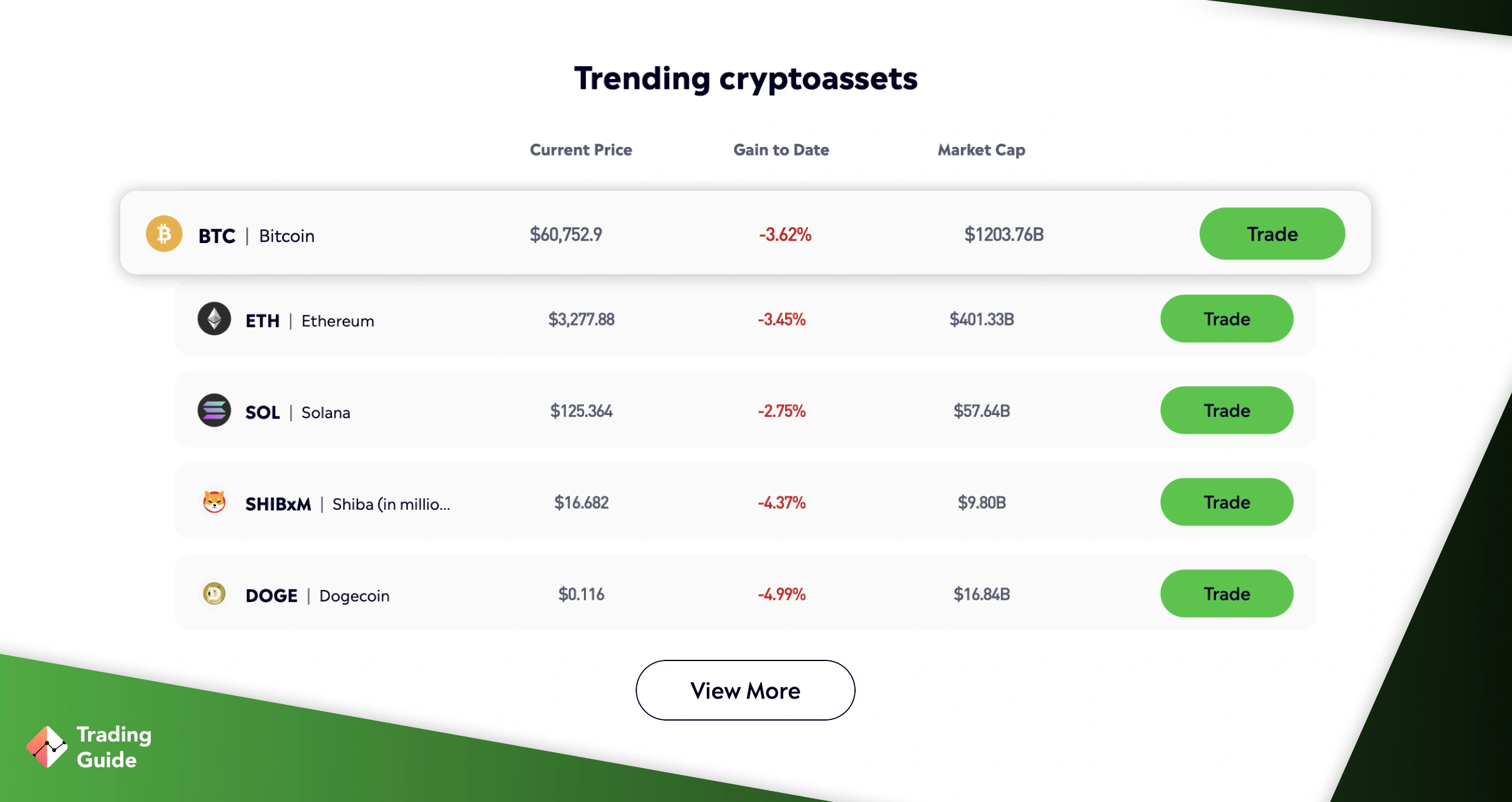





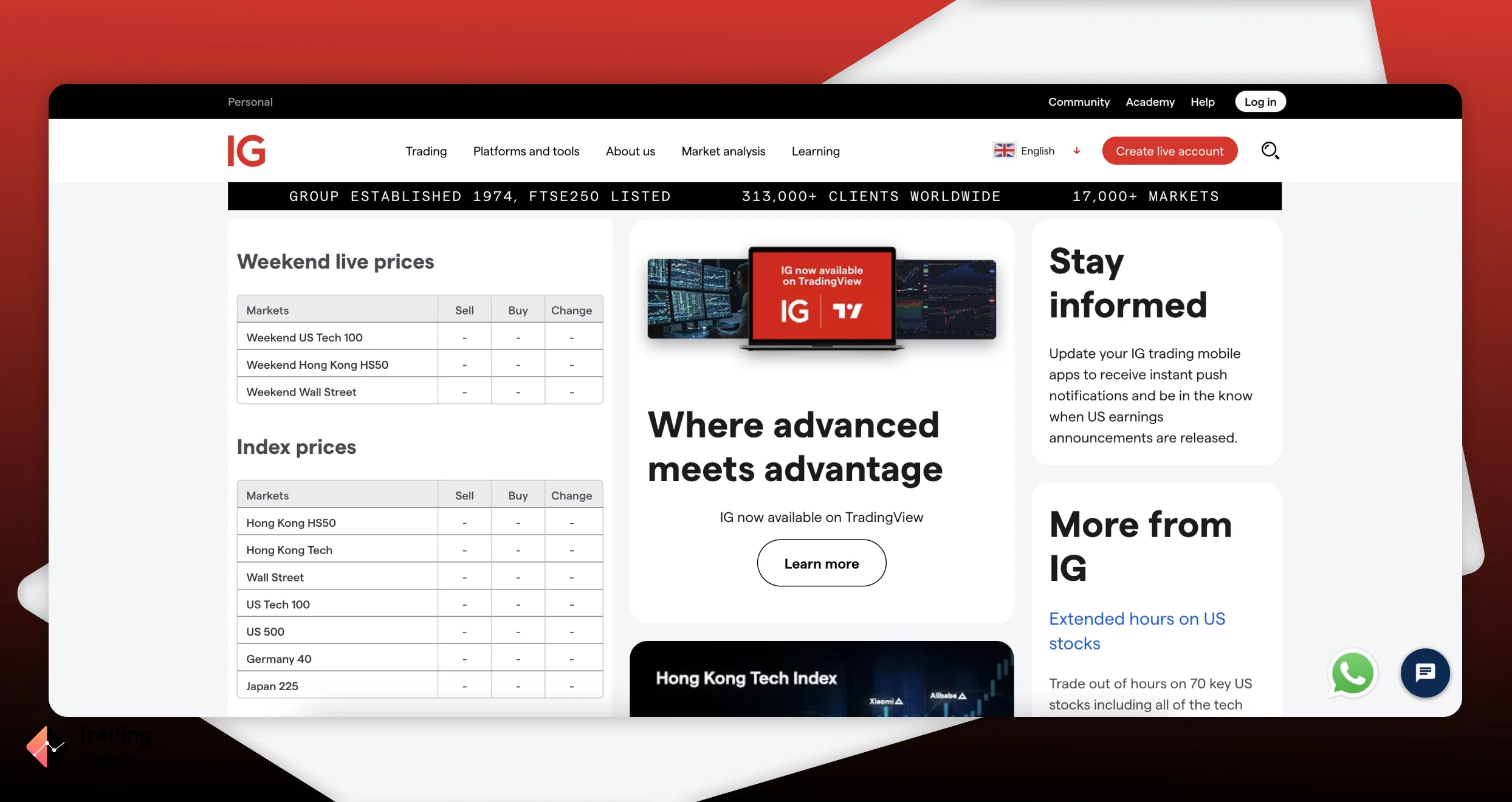
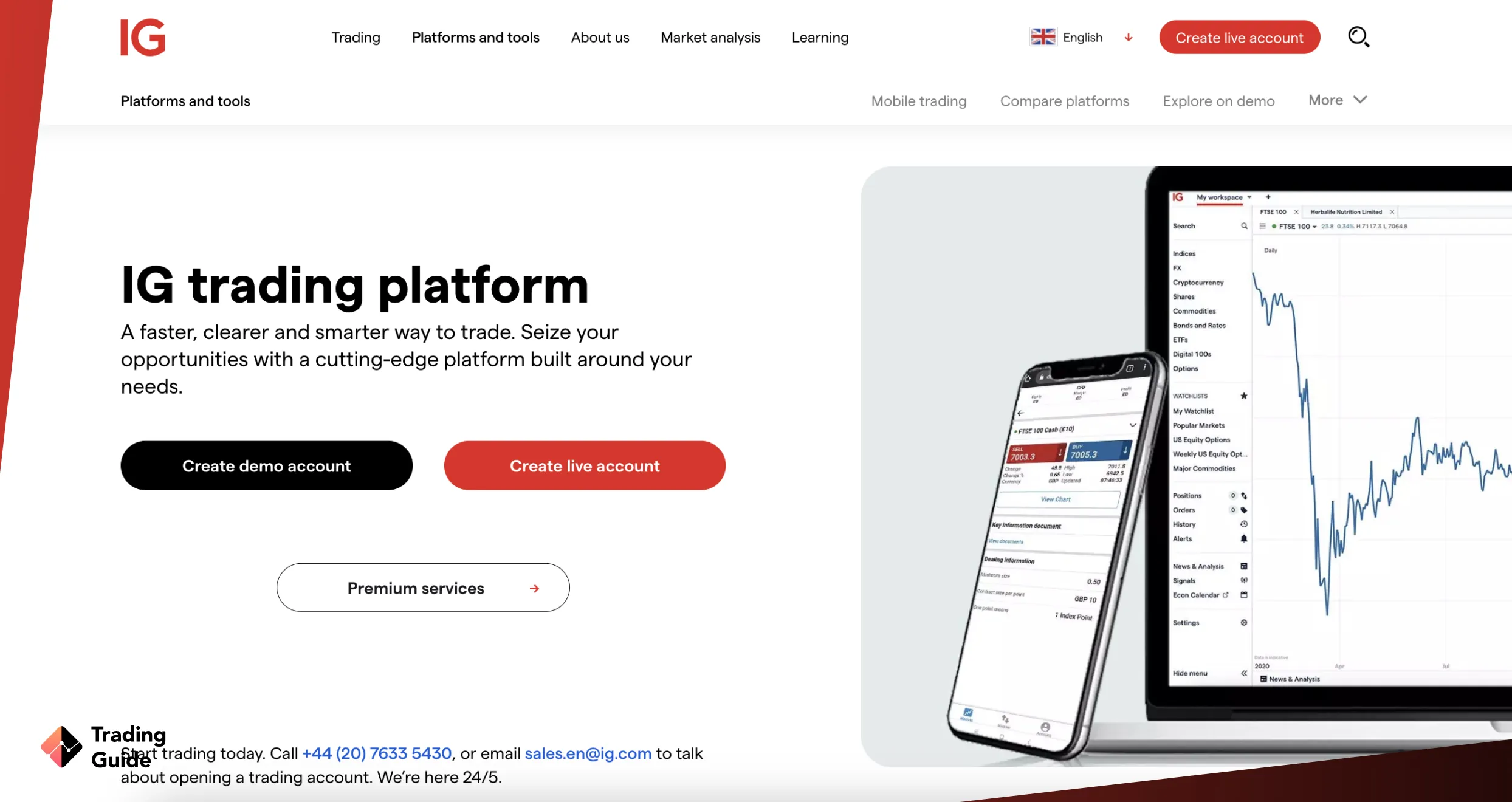
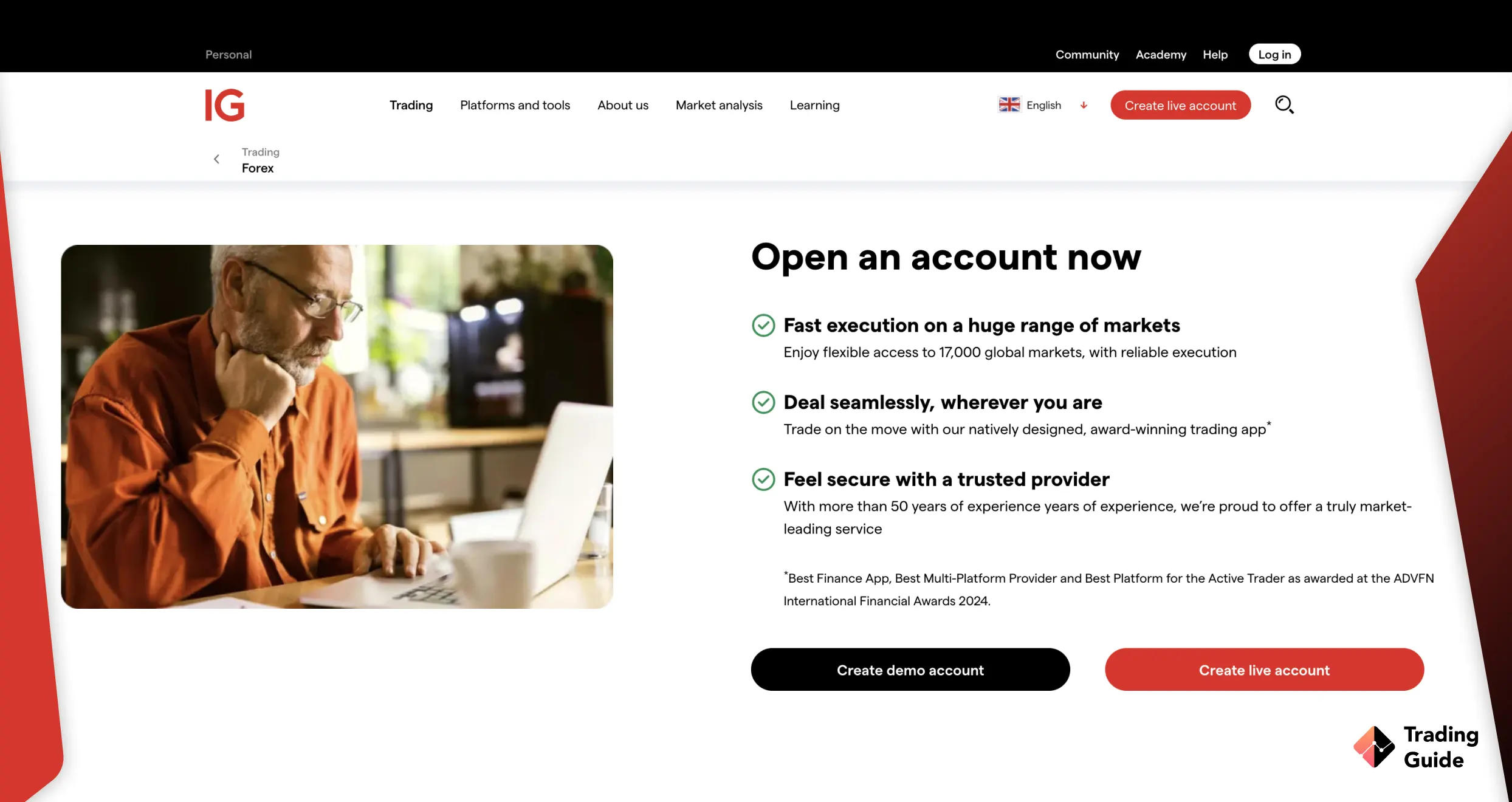




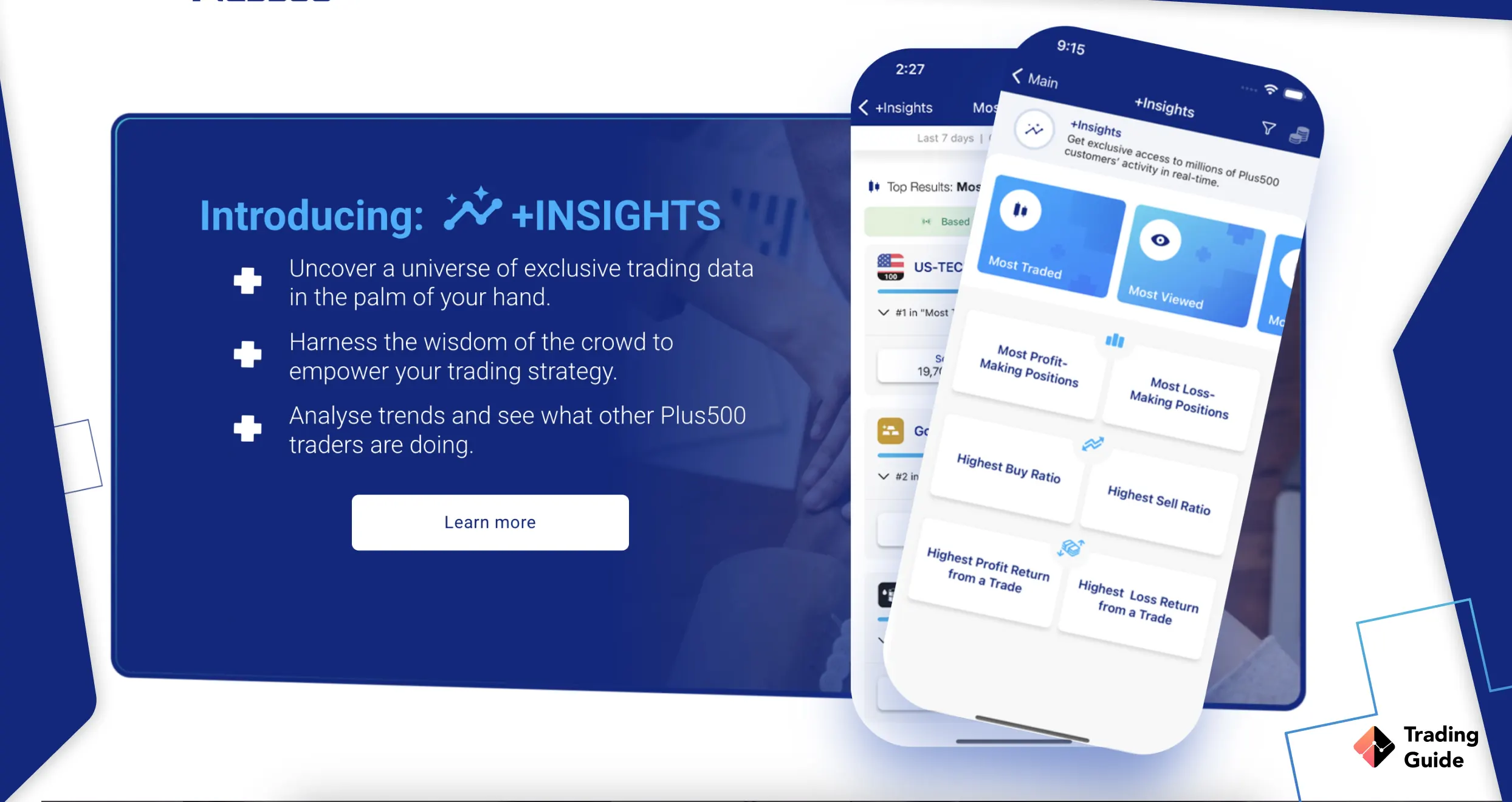



I remember when I first started trading stocks, I didn't realize the LSE closed at 4:30 PM GMT and kept trying to place orders in the evening, completely confused why nothing was executing – this guide would've saved me so much frustration. Now I'm more strategic about timing, but I learned the hard way that after-hours trading sounds exciting until you experience the wild price swings and terrible liquidity; I got burned once trying to react to earnings news after close and ended up paying way more than I should have due to the wide spreads.